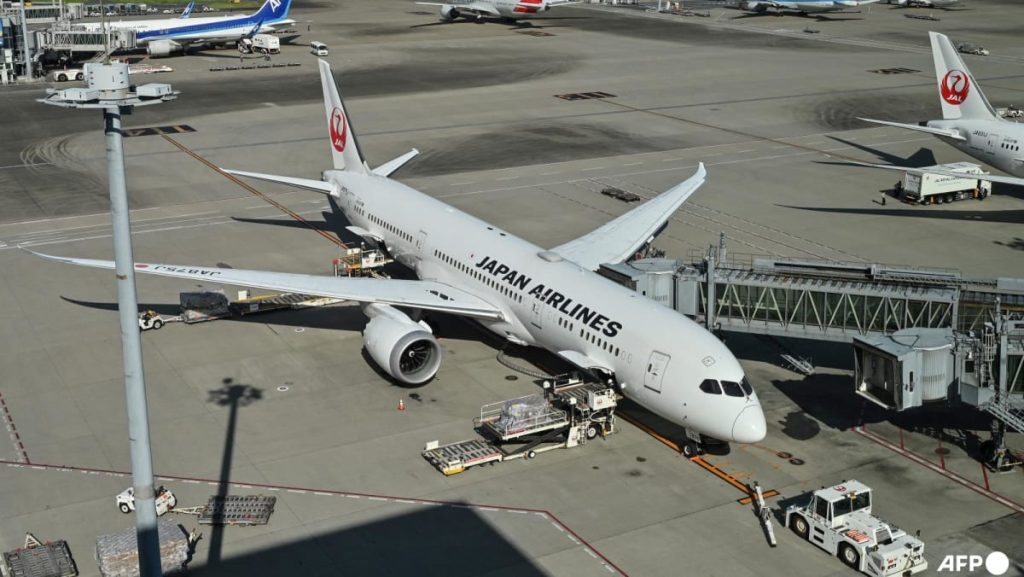The Japanese transport ministry took decisive action on February 4th, 2024, suspending two former Japan Airlines (JAL) captains for their egregious misconduct involving excessive alcohol consumption prior to a scheduled flight and subsequent attempts to conceal their actions. The ministry’s decision reflects a firm stance against compromising aviation safety and underscores the seriousness of upholding stringent regulations regarding alcohol consumption by pilots. This incident follows a pattern of alcohol-related issues within JAL, prompting renewed calls for stricter enforcement and preventative measures.
The two former captains, whose identities were not disclosed, violated established regulations that explicitly limit alcohol intake within 12 hours of a scheduled flight. Despite their awareness of these rules, they consumed alcohol beyond the permissible limit, jeopardizing the safety of their passengers and crew. The ministry’s investigation confirmed their transgression and further revealed their attempts to deceive their employer by providing false explanations and actively concealing their excessive drinking upon arrival. These actions compounded their initial misconduct, demonstrating a lack of professional integrity and a disregard for the trust placed in them as pilots.
The ministry imposed suspensions of up to seven months, a significant penalty reflecting the severity of their actions and the potential consequences of their irresponsible behavior. JAL, in response to this incident, terminated the employment of both pilots, underscoring the airline’s commitment to maintaining the highest safety standards and upholding ethical conduct within its workforce. This incident not only tarnished the reputation of the pilots involved but also cast a shadow on JAL, raising concerns about the effectiveness of its internal controls and its ability to prevent similar incidents in the future.
JAL’s response to this incident involved not only the dismissal of the pilots but also disciplinary action against its top executives. The airline’s two most senior executives accepted a 30% pay cut for two months, acknowledging their leadership responsibility and demonstrating accountability for the actions of their employees. This step reflects the airline’s commitment to addressing systemic issues and reinforcing its commitment to safety and responsible behavior throughout the organization. The incident prompted renewed scrutiny of JAL’s internal policies and procedures, particularly those related to alcohol consumption and pre-flight checks.
The December incident involving the delayed Melbourne to Tokyo flight is not an isolated case within JAL. In the preceding year, the transport ministry had already instructed JAL to implement preventive measures following the cancellation of a flight from Dallas to Tokyo due to a pilot’s alcohol-induced disturbance at a hotel. This prior incident highlighted a recurring problem within the airline, indicating a potential systemic failure in addressing alcohol-related issues among its pilots. The recurrence of such incidents underscores the need for more robust preventative measures, stricter enforcement of existing regulations, and a comprehensive review of JAL’s internal policies and training programs.
The Japanese aviation industry has been grappling with pilot alcohol-related incidents, prompting stricter regulations in 2019. These regulations aimed to curb alcohol consumption among pilots and enhance safety protocols within the industry. However, despite these efforts, incidents like the one involving the former JAL captains continue to occur. Cases such as the delayed All Nippon Airways domestic flight in 2019, where a co-pilot failed an alcohol breath test, and the 2018 arrest of a JAL co-pilot in Britain for being almost ten times over the legal blood alcohol limit, highlight the persistent challenges in enforcing these regulations and underscore the need for a more comprehensive approach to addressing alcohol-related issues within the aviation industry. This includes stricter pre-flight checks, increased awareness campaigns, and more robust support systems for pilots struggling with alcohol dependence. The long-term goal is to foster a culture of safety and responsibility that prioritizes the well-being of passengers and crew above all else.

